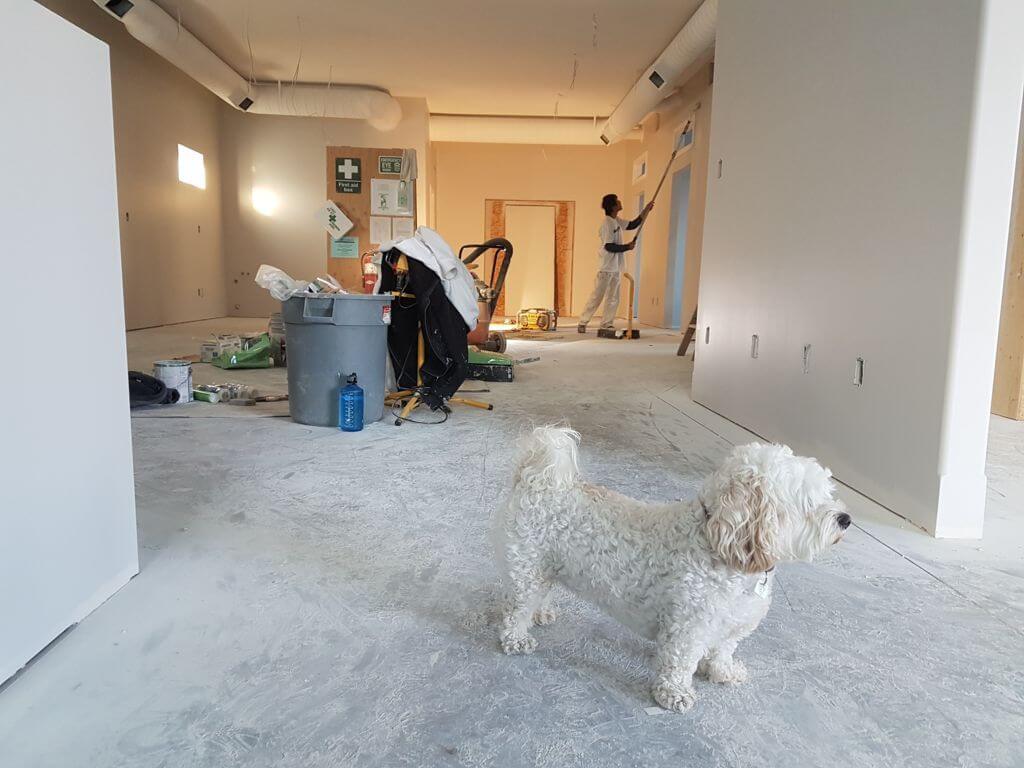SERVICES

10 Golden Rules for Saving Money on Construction
One of the biggest setbacks when constructing or renovating your house is the budget. No matter how much you want something done if the budget doesn’t allow it, chances are it won’t happen. If you are working on a tight budget you have 2 options – either get a loan or try to stretch your budget as much as you can. In this week’s blog, we will show you some money saving tips to produce the latter and still have great results.
Saving money on construction projects can happen in three ways. Avoiding expensive mistakes, cutting back on up-front costs and ensuring the finished project is easier on the pocket when inhabited. Check our 10 golden rules for saving money on construction and implement the ones that suit your needs. Your plan will surely benefit!
1. Look at the details
In the beginning of the construction project, most of the contractors will establish a schedule and show you a list of all the costs. This way you can check if there is something on that lists that you can do yourself or leave it for a later period. Also, contractors sometimes can assume you want something that you don’t like, for example, crown moulding. If you don’t want stuff like that done at this moment you can save some serious coin.
2. Help yourself
If you have the knowhow, doing things yourself is the best way to save some money on construction. Even if you have no experience there are still some little jobs you can take with ease. You can always grab a paintbrush and do some detailing that will cost you a fortune with labour costs.
Depending on the location contractors usually, make around $18 to $25 per hour. The key is knowing your limits. Some of the jobs may seem easy at first, like installing the toilet or doing some of the plumbing but are harder than you might think. And if you make a mess of it you can pay a lot more in the end. Water damage caused by leaks is particularly expensive to fix.
3. Get your own materials
Another good tip is to buy some of the materials yourself. Little things like cabinets or door knobs, for example, you can probably find cheaper than the contractor. Do your research and find the best offer but you need to discuss it with the contractor so they don’t buy it too.
4. Look around
Never settle for the first estimate you get. There may be a huge difference between one contractor and another. Get at least three or four estimates before settling for a contractor.
5. Think ahead
You should really consider looking for materials that will save you money in the long run. Like for example beefing up your insulation can save you hundreds on the heating bill. Also switching your appliances to more energy efficient ones is always a safe bet.
6. Prefabricated homes
Prefabricated homes are something you should really consider. No matter if you are constructing from scratch or just making an addition to your current establishment, prefabricated homes are energy-efficient well-built and is the way to go when working on a tight budget.
7. Organize everything
Organization is key! You need to stay on top of your construction schedule and make sure everything goes by plan. If you are sourcing materials yourself you need to make extra sure everything is onsite when the moment comes.
8. Maximize space
When building your home from scratch you can save some money by reducing the square footage. More space equals a larger bill. How much space do you really need is a key question you need to ask yourself. There is one thing you need to have in mind – construction costs are between $80 and $200 per square foot.
9. Seasonal work
If you don’t mind work being done off season you have a great chance to reduce quite a lot from contractor’s fees. Winter months are a bit slow for construction workers so they might agree to fees that are considerably less than what they would demand in the summer. You just need to find a non-raining period that wouldn’t cause any damage to your work.
10. Cheaper is sometimes more expensive
You shouldn’t always go for the cheapest option. More times than not, the cheaper option will cost you more in the long run. Construction workers that demand the lowest fees can do the shoddiest work. And some of the cheapest parts may fall over after a few years. This is also connected with a bit of research but your invested time will pay off!



